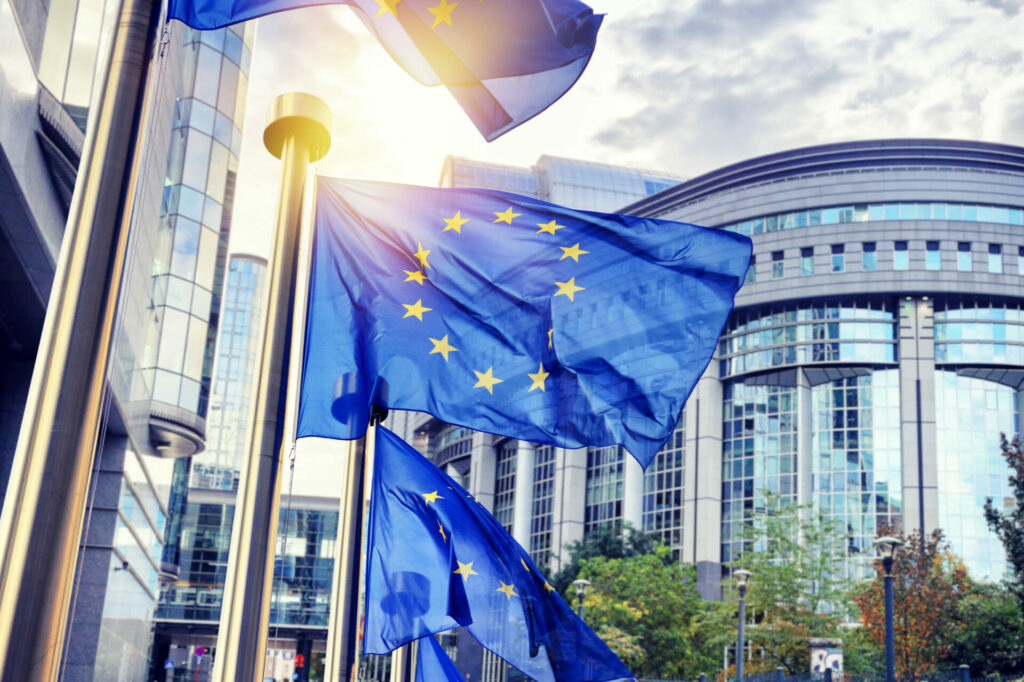For the first time since the start of the corona virus crisis, Europe Day will be celebrated today in Brussels with on-site activities.
Normally, the doors of all the European institutions are open to the public but because of the COVID-19 restrictions in 2020 and 2021 the celebrations were limited to on-line activities.
Europe Day celebrates Europe’s achievements and unity, and commemorates the signing of the Schuman Declaration on 9 May 1950. This ambitious plan to secure long-term peace in post-war Europe is considered as the beginning of what is now the European Union.
In 2022, the international security order which had been in place since WWII was violated by Russia’s unprovoked invasion of Ukraine and Europe Day is commemorated under the shadow of the still-ongoing war in Ukraine.
This May the European Parliament invites the public to a range of online and on-site activities across the EU Member States, as well as in the home of the European Parliament in Brussels on 7 May and Strasbourg on 15 May.
In Brussels, the main activities will take place today (7 May) in the Parliament which opens its doors during 09.00 – 18.00 for visits, debates, interactive presentations and games.
Europe Day 2022 is dedicated to the Conference on the Future of Europe so there will also be a debate in the European Parliament on the conference (10.30 – 12.00) with the possibility to ask questions to Members of the Parliament.
The final plenary session of the Conference on the Future of Europe took place last weekend in Strasbourg where representatives of the European Parliament, the Council, the Commission and representatives from national Parliaments agreed on a final set of 49 proposals, after receiving feedback from the citizens participating in the plenary.
The proposals cover the following themes: Health, European democracy, Migration, Values and rights, rule of law, security, Education, culture, youth, Stronger economy, social justice and jobs, Climate change and the environment, EU in the World, and Digital Transformation.
In the set of 49 detailed proposals, the overall objective and over 300 measures for implementation are stated under each proposal. According to EU officials at a special briefing on Friday, the one-year long conference with citizens panels have been a resounding success but the steps in next phase will be crucial and will take time.
The European institutions have not promised to accept and implement every detail in the proposed measures, only committed themselves to listen to the citizens and consider the proposals. Some of the proposals can only be implemented after treaty changes which normally would require a Convention to be organised with the governments of the member states and a unanimous decision of the European Council. There are also simplified procedures for treaty changes.
The conference will officially come to a close on 9 May – Europe Day – in Strasbourg, when the three Co-Chairs of the Conference Executive Board, representing the Council, the Parliament and the Commission will deliver a final report containing the proposals to the Presidents of three institutions.
The three institutions will then examine how to follow up effectively on them, each within their own spheres of competences and in accordance with the Treaties. The European Parliament has already issued a resolution welcoming the proposals. The Council has mainly been listening to the citizens and has not yet examined the proposals. The Commission says that it has already taken on board some of the new ideas.
M. Apelblat
The Brussels Times

